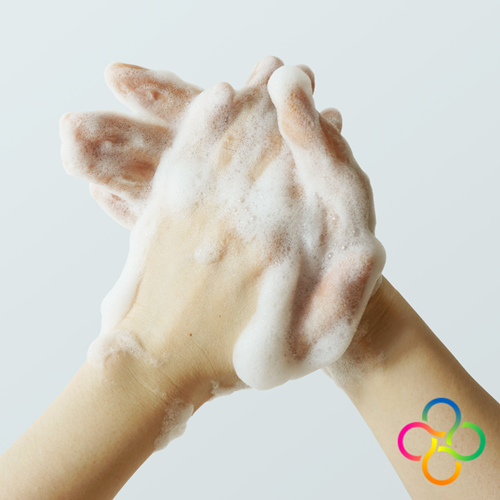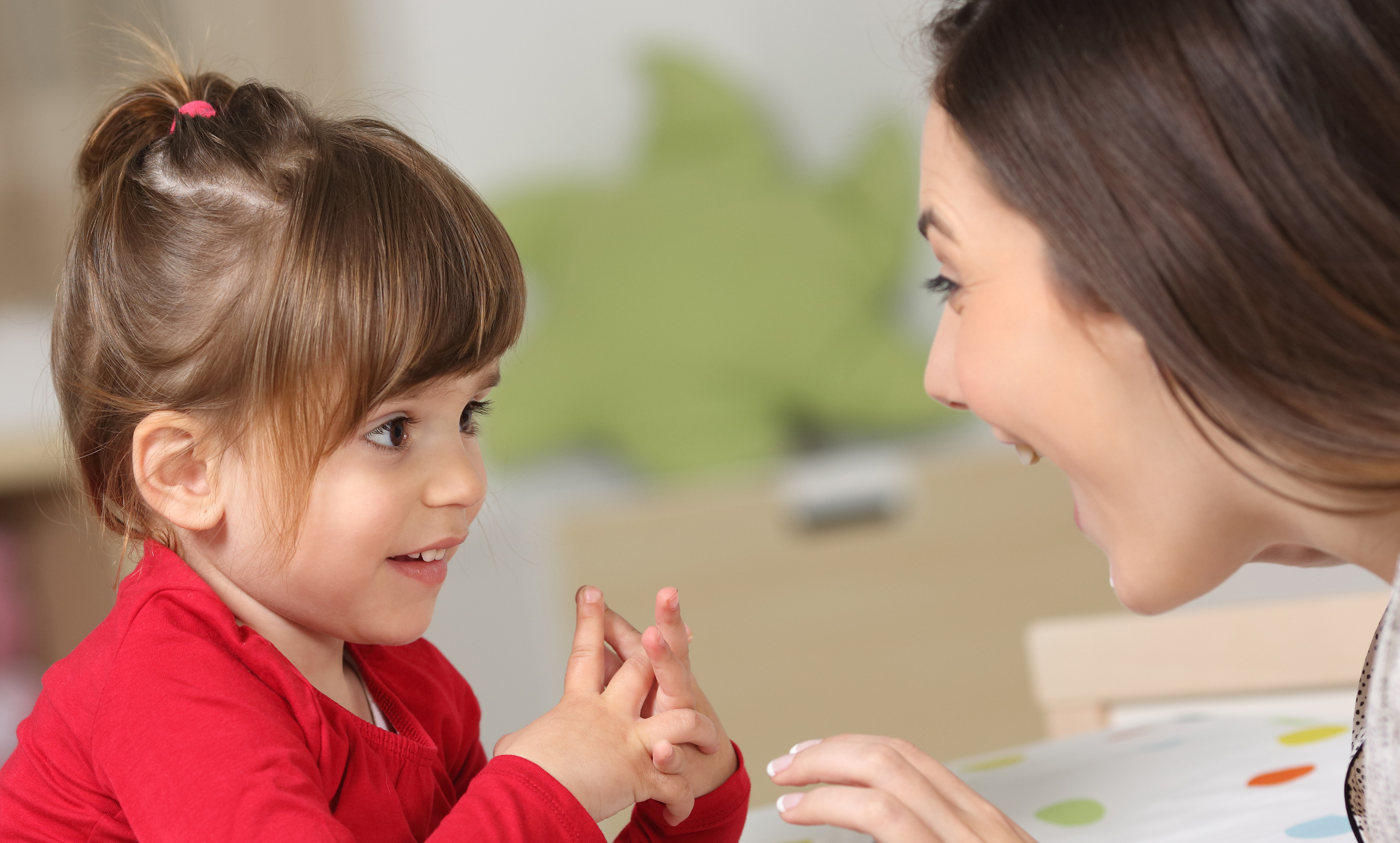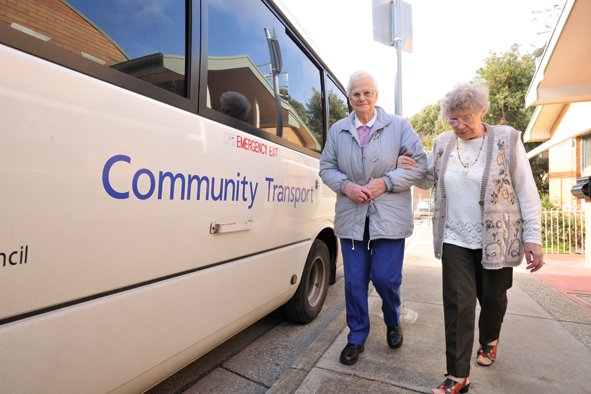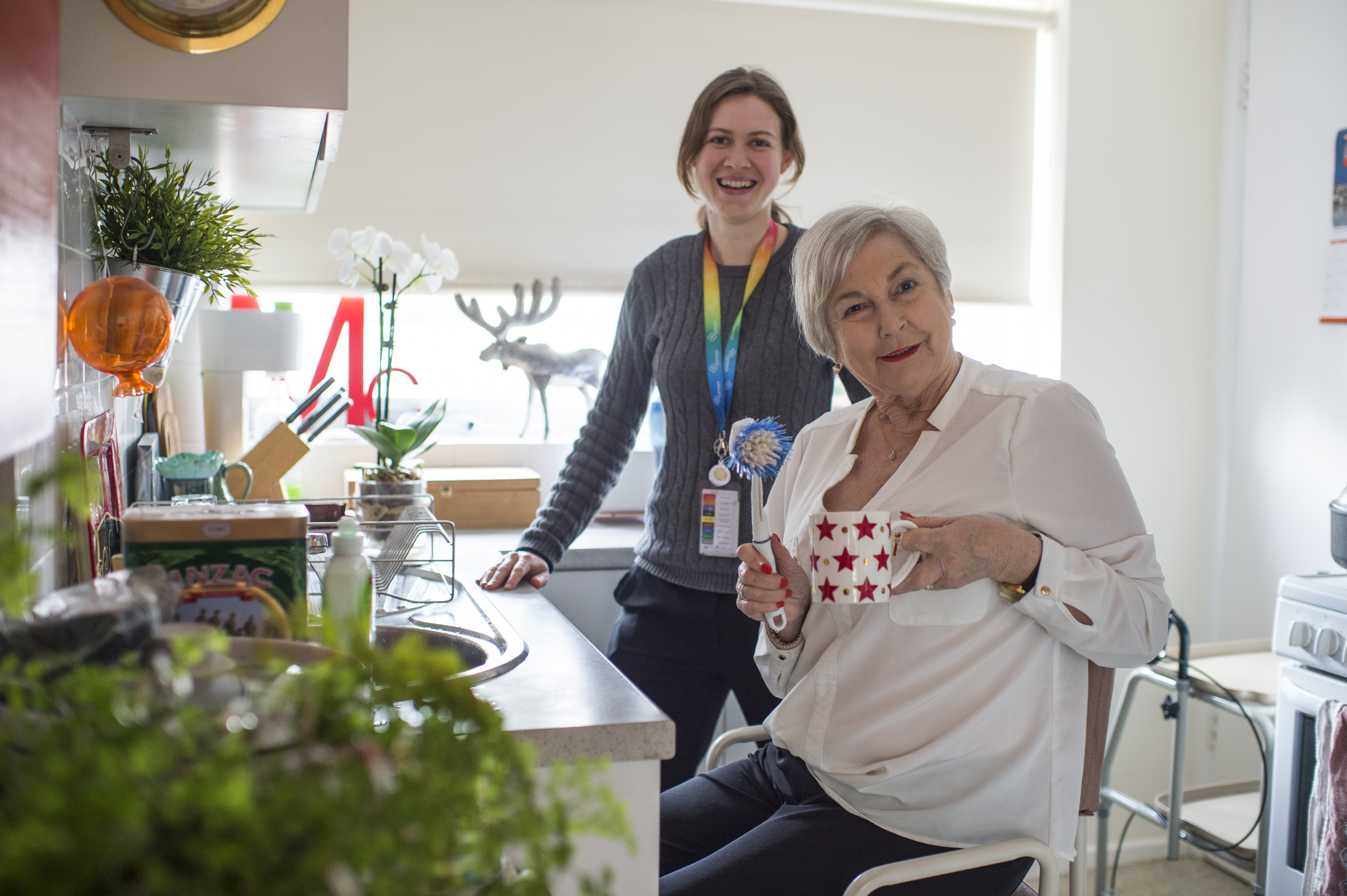Select from the following services

World Hand Hygiene Day has been celebrated on 5 May since its creation in 2009 to raise awareness of the importance of hand hygiene in health care.
The COVID-19 pandemic brought global attention to hand cleanliness. Today we are all more familiar with the need to wash or sanitise our hands to reduce the spread of germs and bacteria – and as a result, prevent illness.
But do we fully understand what all the fuss is about? Connect Health & Community communications volunteer, Leesa, investigated the issue for us.
Why hands?
Our hands are highly exposed to germs, and our faces, enabling easy transmission of disease and illness if not kept clean. Every day, our hands are exposed to a range of different environments, including:
The germs (bacteria, viruses and parasites) in these environments can be transmitted to your hands, your mouth and to other objects or people.
When you should wash your hands?
You should wash your hands before and after the following :
You should you wash your hands after the following:
How do we spread germs?
Having poor hygiene will spread germs. For example:
Unwashed hands can quickly spread germs around a building via:
How to wash your hands
There are five steps washing your hands as the following:
For more information on how to wash your hands, visit https://www.healthdirect.gov.au/hand-washing
A youth mental health initiative developed with students during Victoria’s lockdowns, is hoped to help reduce the stigma surrounding mental health issues and encourage teens to seek help early.
Read MoreOur Health Promotion team is supporting early learning centers through the Achievement Program, an initiative that helps services create a healthier environment for their students, staff and families.
Read MoreThis Children’s Week, we asked our paediatric team to share some of their favourite activities for kids that embrace the importance of play for a healthy lifestyle.
Read More
Speech pathologists provide assessment and management of communication, swallowing and feeding difficulties.
Read More
We have been offering safe and quality door-to-door transport options to our community since 1975.
Read More
We provide Occupational Therapy to help children, adults and those experiencing mental health issues, to achieve their full potential.
Read MoreSelect from the following services